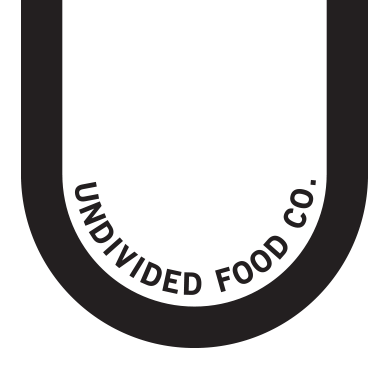All About Glutathione. What It Is, Why It's So Important & How To Boost It.
Written by Accredited Nutritionist, Stephanie Malouf
Glutathione is regarded as the most powerful antioxidant in the body. It’s an essential component of our detoxification system, helping to rid the liver of harmful toxins. It's also critical to our immune system, so that we can fight infections and prevent cancer. Glutathione also improves body composition by reducing muscle damage, increasing strength and endurance and shifts metabolism from fat production to muscle development.
This molecule is so important to us that our body is able to produce it. However glutathione is quickly depleted by factors such as a poor diet, toxins, medications, stress, trauma, aging and infections. Furthermore, we live in a world where we are constantly bombarded with toxins in our food, beauty products, hygiene products and cleaning products which cause oxidative stress in the body and triggers inflammation. This places an increasing demand for glutathione in which many struggle to keep up with.
Our ability to produce or maintain adequate levels in the body is essential to controlling inflammation, preventing chronic diseases and keeping us healthy. Thankfully there are ways you can support your glutathione production to keep up with the body's needs.
- Eat foods rich in sulfur such as garlic, onion, leek and veggies from the crucifierous family like broccoli, kale, cabbage, cauliflower, arugula, bok choy and watercress.
- Exercise regularly by doing a mixture of both aerobic and weight training exercises.
- Drink bone broth which is rich in glycine, one of the building blocks of glutathione.
- Get 8 hours of sleep. Sleep deprivation depletes your levels significantly.
- Eat plenty of folate, vitamin B6, and vitamin B12 rich foods. This will ensure proper methylation, a key process involved in maintaining high levels of glutathione. B12 is found naturally in animal products such as fish, poultry, meat, eggs or dairy). B6 is rich in beans, poultry, fish, and some vegetables and fruits, especially dark leafy greens, papaya and oranges. Folate is found in a wide range of fruits and vegetables, whole grains and beans.
- Take a good multivitamin/multi-mineral supplement. This will supply you with important nutrients such as vitamin C, vitamin E, and selenium, which help you recycle glutathione.
- De-stress with calming practices such as yoga, meditation and deep breathing.
- Take milk thistle which aids in the production of glutathione due to the compound silymarin and is also highly liver protective.
